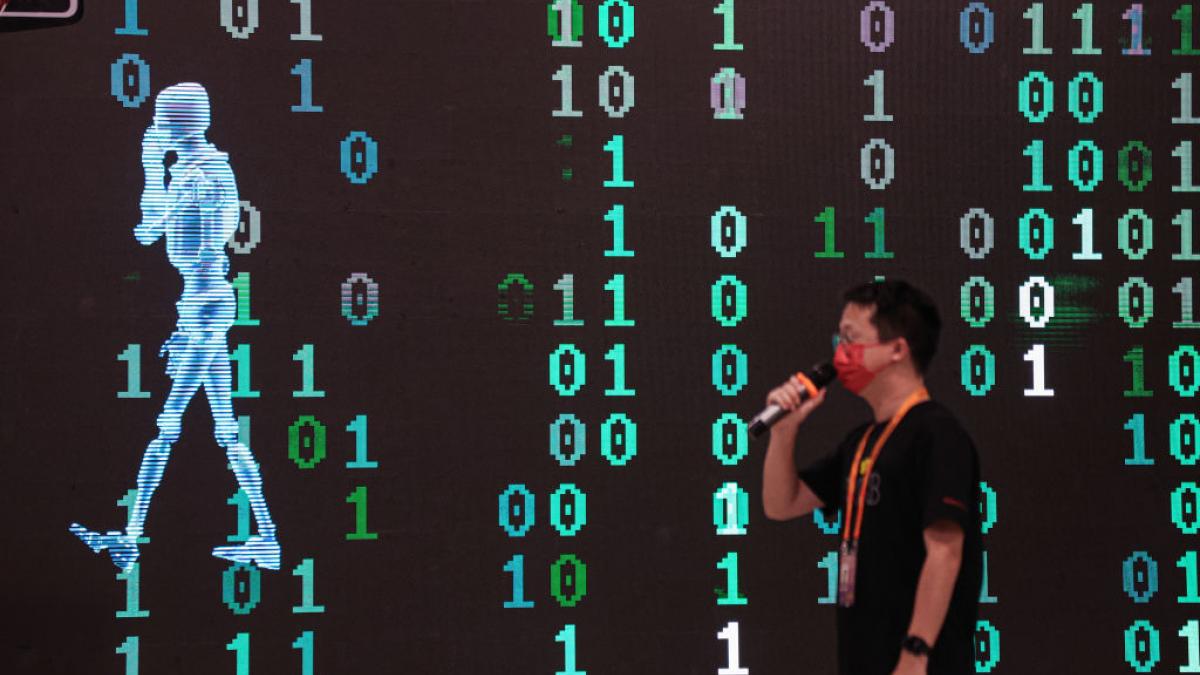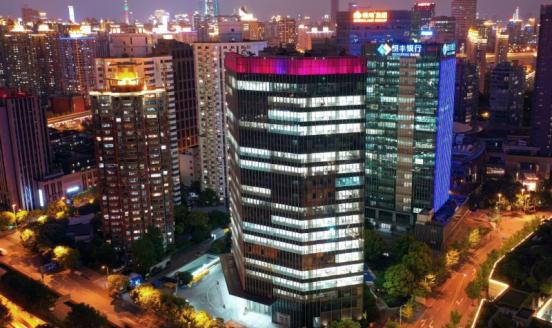
Speakers
AUDIO & VIDEO RECORDINGS
SUMMARY
In a world sharply changing under the impact of day-to-day technology advancements, where R&D plays a strategic role for growth, it is staple to understand the digital sector through the lenses of economics and geopolitics. Acknowledging that China’s digital economy is not a developing market anymore, but a key dominant player, the panel of this Bruegel Event discussed the impact and implications of this market for European consumers and businesses.
The panel was chaired by Bruegel’s Senior Fellow Reinhilde Veugelers, in a dialogue with two experts of China and of digital economy: Alicia García-Herrero, Senior Fellow at Bruegel and Claudia Vernotti, Co-Founder and Director of ChinaEU.
In her new paper, García-Herrero attempted to define and measure China’s digital economy, finding surprising results. Contrary to many papers that only draft trend indicators, this research focuses on the absolute numbers for the value added generated in the sector. By overcoming a statistical fog, the findings outline two key results. First, the Chinese digital sector is not the biggest one in the world yet, but it could be. Secondly, while the size of its digital economy is not higher than the average of OECD, its relative labor productivity is much higher: 1.8 times higher than the total (the figure is 1.6 for OECD countries). This latter indication is also driven by the great heterogeneity that the country faces, which will be the main challenge for the Dragon: how will it drive a digital urbanization? What does it take to pull the rural areas closer to Beijing and Shanghai?
What seems certain, is that the Chinese strong growing trend in this sector will continue in the future. What are, thus, the challenges and opportunities for European businesses? Claudia Vernotti brought to the panel the story of China’s digital sector’s explosion, started in 2010, with several examples. As WeChat took off, it opened the possibility for EU businesses to develop micro-services that can be used to attract more Chinese tourists from its growing middle class.
China is different from the EU on many levels: there is a high degree of deregulation in the startup world, and many possibilities for funding during the scale-up phase. If we consider the AI sector, China is at the frontier, counting 48% of the total equity funding. As China is today more and more capable of attracting human capital, Vernotti suggested that Europe has an opportunity to exploit the spillovers of new business models, to understand it also as a source of innovation. García-Herrero argued, instead, that Europe has to pave its own way in the digital economy, characterized by a more open innovation.
The open discussion touched many points: from the role of state funding, to access to capital, to global standards, privacy law and trade policy, to the geopolitical implications. What comes out as clear is that Europe will need a strong industrial policy to compete in the digital era.
Event notes by Enrico Bergamini
EVENT MATERIALS
Presentation Claudia Vernotti Presentation Alicia García-Herrero






